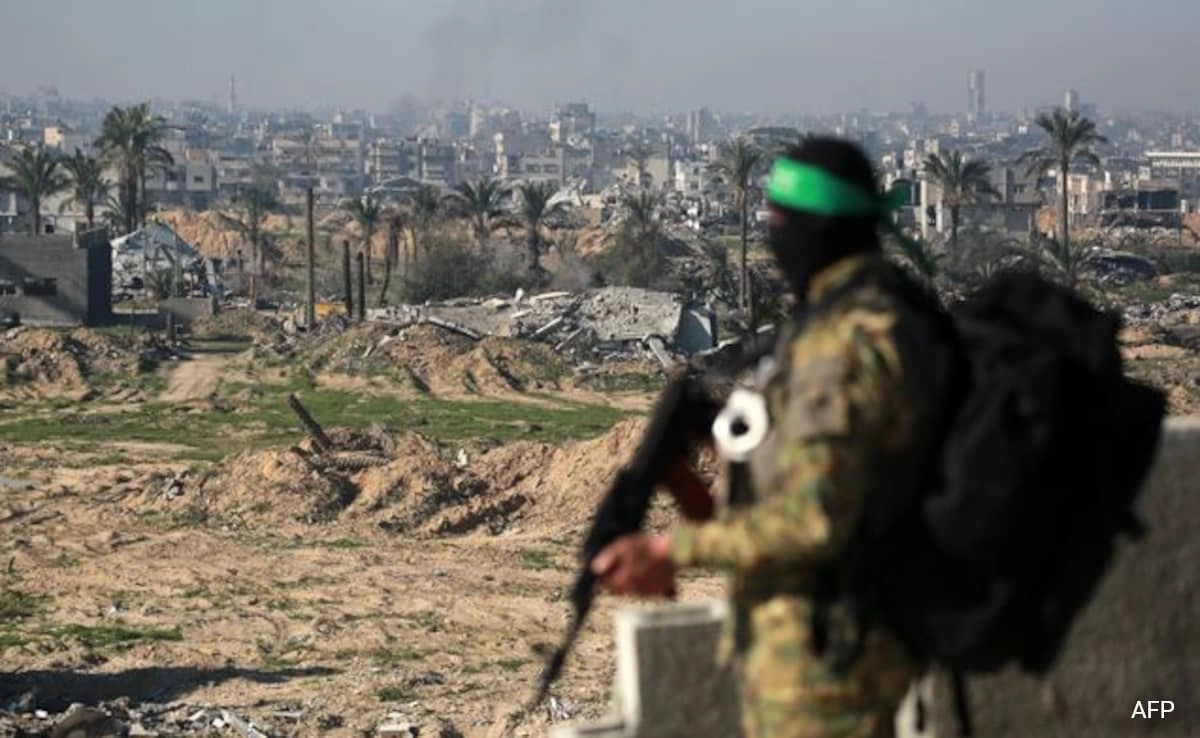In a recent statement, Khawaja Asif, a prominent Pakistani politician, issued a stark warning regarding the situation in Afghanistan, conveying a message that carries significant implications for Pakistan’s security landscape. Asif’s remarks come in the wake of escalating tensions and instability in Afghanistan, particularly following the Taliban’s return to power. He emphasized that the ramifications of the Afghan crisis extend beyond its borders, posing a potential threat to Pakistan’s national security. This warning is particularly pertinent given the historical context of the two nations, which have shared a complex and often tumultuous relationship.
Asif’s message highlights the need for Pakistan to remain vigilant in the face of emerging threats from extremist groups that may seek to exploit the chaos in Afghanistan. He pointed out that the resurgence of terrorist elements could lead to increased violence and instability within Pakistan itself. The implications of this situation are dire, as Pakistan has faced significant challenges in combating terrorism and maintaining internal security over the years. The fear is that if Afghanistan remains unstable, it could serve as a breeding ground for militants who may launch attacks across the border, undermining the progress that Pakistan has made in recent years.
Moreover, Asif’s warning underscores the importance of international cooperation and dialogue in addressing the challenges presented by the Afghan crisis. Pakistan must engage with its allies and international partners to devise a comprehensive strategy that addresses both the security concerns posed by Afghanistan and the humanitarian issues arising from the ongoing conflict. The situation calls for a concerted effort to stabilize the region, as the consequences of inaction could be catastrophic not only for Pakistan but for the entire South Asian region.
In conclusion, Khawaja Asif’s warning serves as a crucial reminder of the interconnectedness of regional security dynamics. As Pakistan navigates the complexities of its relationship with Afghanistan, the emphasis must be on proactive measures to safeguard its territory and citizens from potential threats. The need for a coordinated response, both domestically and internationally, has never been more urgent, as the stakes are high and the consequences of failure could reverberate for years to come. As the situation evolves, the focus must remain on ensuring peace and stability in a region that has faced too much turmoil for far too long.




